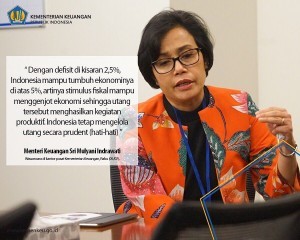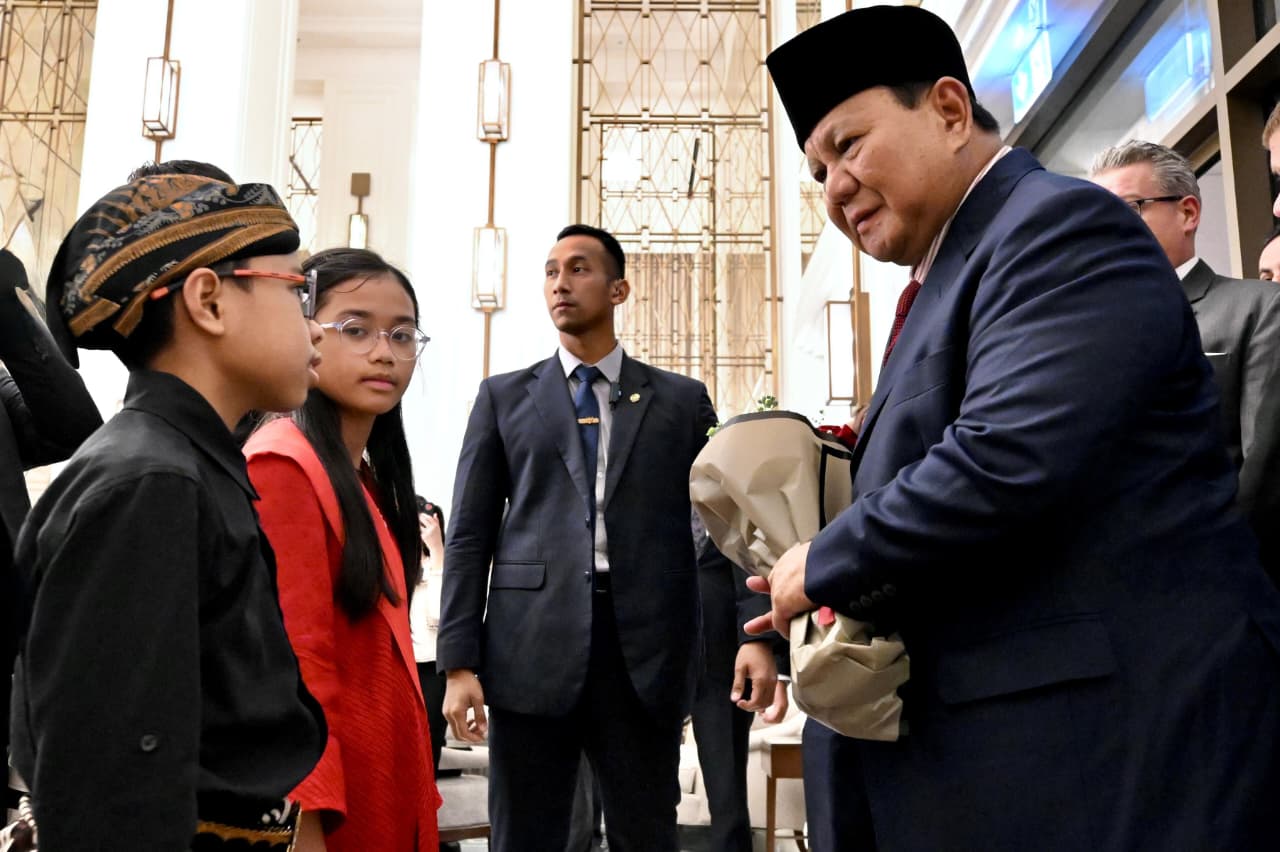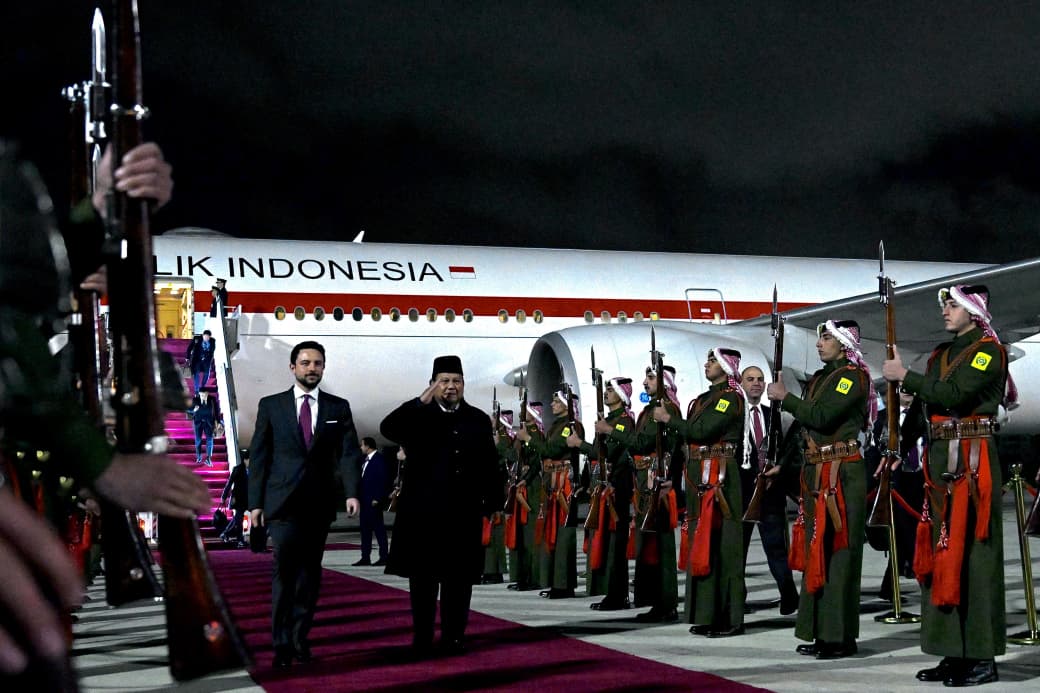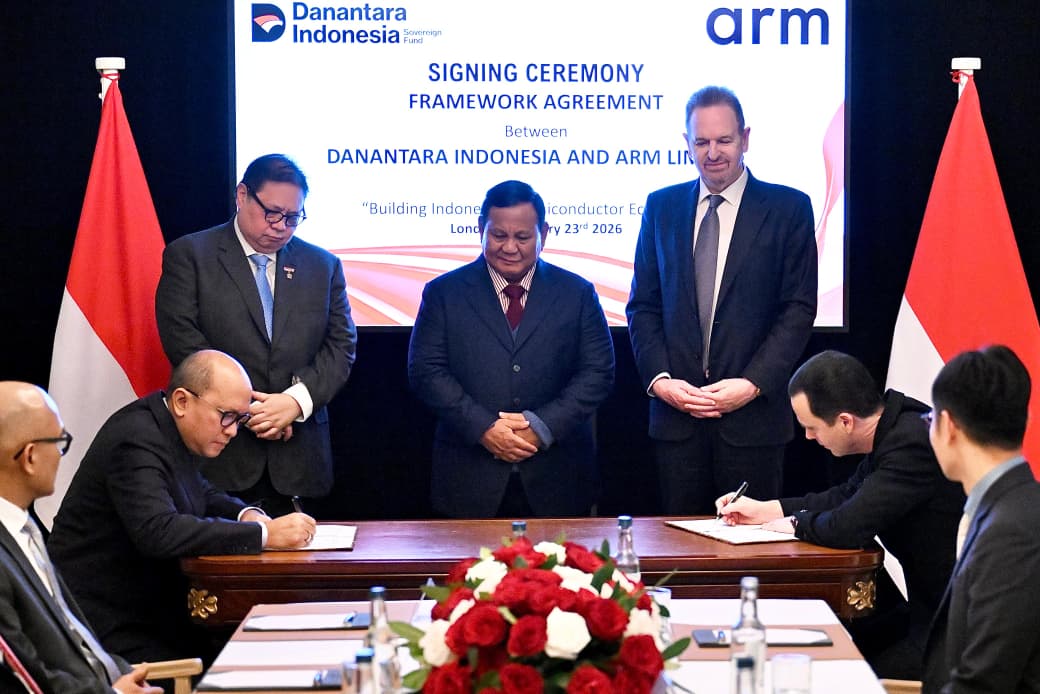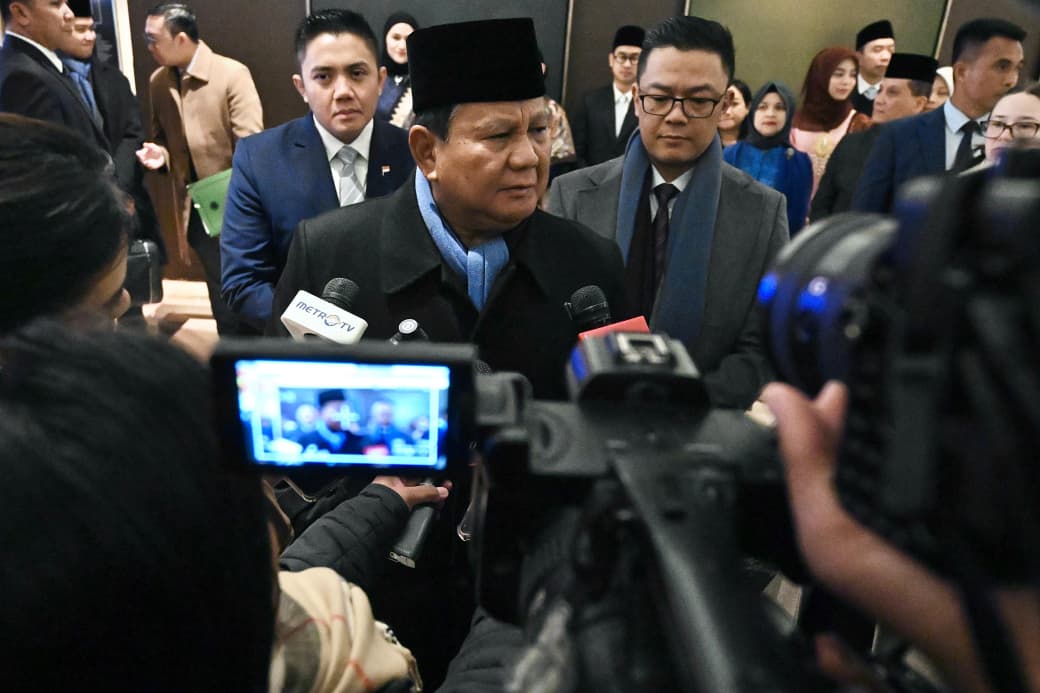Govt Takes Expansive Fiscal Policies to Boost Economy: Finance Minister
Finance Minister Sri Mulyani Indrawati said the Governments debt ratio deficit against the Gross Domestic Product (GDP) is currently still below 30 percent and the deficit of State Budget (APBN) at around 2.5 percent. According to her, the figure is still far lower than that of other G-20 countries.
With the deficit of around 2,5 percent, Indonesias economy can grow above 5 percent. It means fiscal stimulus can boost the economy so the debts can produce productive activities. In other words, the Government continues to managing debts prudently, said Sri Mulyani through her Instagram account @smindrawati she posted recently.
The Minister also explained that previously, national development was delayed and could not give maximum results because in the past 20 years, the Indonesian Government was focused on tackling economic crisis in 1998 and 2008.
In addition, Sri Mulyani added that with the pressure from global economic slowdown in 2014, the Government took expansive fiscal policies as a stimulus to boost the economy as well as to protect the Indonesian people. She also said that the Governments role is crucial in resolving the countrys economic issues.
(Narrowing) the gap between the rich and the poor needs the Governments role in terms of increasing social spending, aimed at protecting the poorest group of people so they will not be further left behind, Sri Mulyani said.
Sri Mulyani, who accompanied President Joko Jokowi Widodo to attend the G-20 Summit, also said Indonesia, with its young demography, needs a great amount of investment in education and health sectors. Therefore, the Minister said that the State Budget would continue to be allocated for education and health sectors in quite a big amount so that Indonesian human resources will not be left behind from those of other countries.
Therefore, we continue to boost tax revenues with tax reforms so that spending and development spending can be financed by taxes instead of by loans, Sri Mulyani said.
The Minster went on to say that the Government would continue keeping fiscal policies and budget deficit in check in line with the prevailing laws and regulations and the Government would do it carefully and professionally so Indonesia can continue to make progress and achieve prosperity, but the financial risks and debts can still be controlled.
Thus, this nation will be on par with developed countries in the world and has a high dignity by bringing justice and prosperity for the people, the Minister said.
Previously, Coordinating Minister for the Economy Darmin Nasution, who represented Sri Mulyani in a working meeting discussing the 2017 Revised State Budget with the Budget Board of the House of Representatives (DPR) in Jakarta on Thursday (6/7) said the Government prepared the 2017 Revised State Budget that contains, among others, the projection of the attainment of budget deficit by 2.92 percent from the GDP or around Rp397.2 trillion. The budget deficit is higher than the projection set in the 2017 State Budget at 2.41 percent from the GDP, or almost close to the limited allowed by the Law, which is three percent from the GDP.
According to the Coordinating Minister, increasing budget deficit is related with the decline in the target of state revenues in target 2017 Draft State Budget at Rp1,714.1 trillion or lower from the targeted Rp1,750.5 trillion in the State Budget. The revenues consist of the target of tax revenues at Rp1,450.9 trillion and non-tax revenues amounting to Rp260.1 trillion.
The target of non oil and gas tax revenues has been adjusted to drop by Rp50 trillion so it is more realistic and in line with the realization in 2016 as well as extra efforts in 2017, Darmin said.
In the meantime, spending ceiling in the 2017 State Budget is projected to reach Rp2,111.4 trillion, dropping by Rp2,080.5 trillion from the ceiling of the State Budget.
Spending for non ministries and institutions rose by Rp26.5 trillion from the State Budget due to the rising in subsidy by Rp22.1 trillion, rise in grants by Rp3.3 trillion and rise in other spending by Rp5.7 trillion, Darmin said.
In the meantime, to cover the budget deficit, Darmin said that the Government has set the target of paying the debts by Rp461.3 trillion or rising from the target for settling the debts set in the State Budget by Rp384,7 trillion.
Although the target of budget deficit is set at 2.92 percent from the GDP, Darmin believes that there is efficiency from the 2016 Revised State Budget that can reduce the target of the budget deficit. The efficiency, Darmin said, is from ministries, special allocations funds, and village funds so that it is projected at the end of this year, budget deficit will be around 2.67 percent from the GDP. (ES) (EP/YM/Naster)





